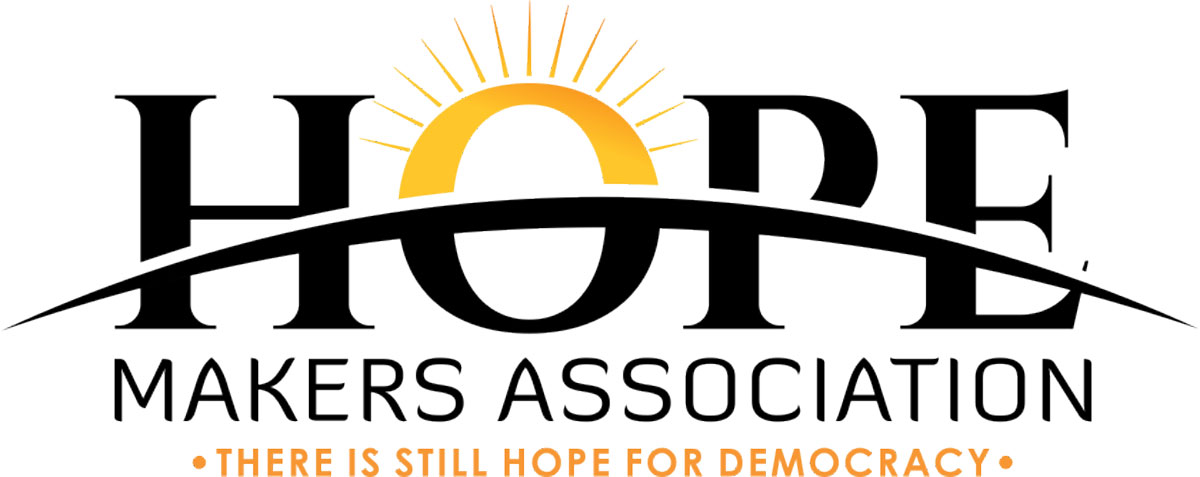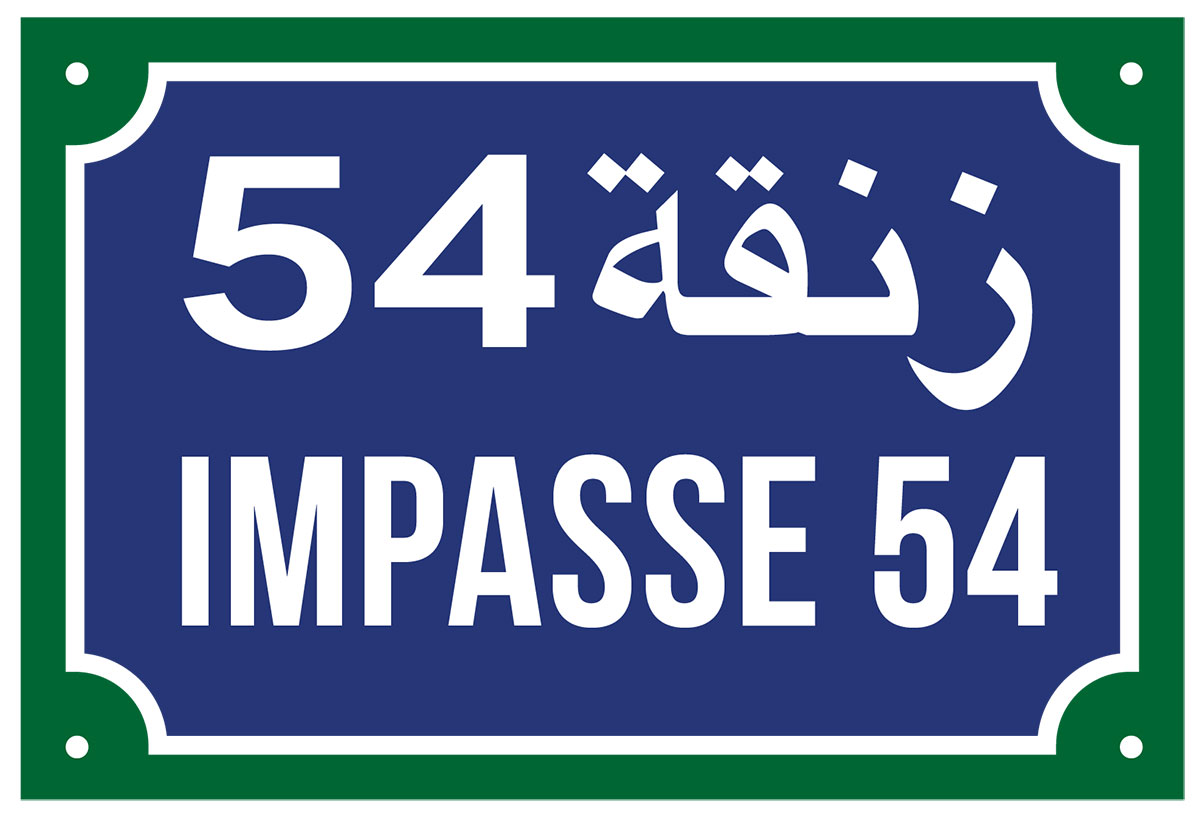Impass 54
Tunisia
Civil society and the state: what future?
In the fragile present political climate in Tunisia, where obstacles to democratic processes are substantial, FNF and Hope Makers have been organizing a series of Talks called "Impass 54" to explore the nuances surrounding the role and difficulties faced by civil society.
The sole discussion, titled "Civil Society and the State: What Future?" occurred on April 16, 2024, at Café Culturel Liber' Thé in Tunis. This critical dialogue brought together a diverse group of experts, including a political science researcher and activists, to explore the evolving relationship between civil society and the state amidst a contentious legislative environment. The discussion centered on a new legislative initiative to revise Decree 88, which governs the organization of associations within the Committee of Rights and Freedoms. The revision has sparked debate over its potential impact on Tunisia's democratic structure.

A political science researcher opened the Talk by outlining civil society's abstract nature and its role in checking state power. Post-revolution, civil society has shifted to a mediator and watchdog role, often defending its interests in the name of the public. During this discussion, a state representative raised concerns about Decree 88, particularly regarding foreign funding and control. He emphasized the role of mechanisms like the Financial Analysis Committee in monitoring funding and enforcing sanctions, noting that some associations have violated regulations.
The director of the Al-Kawakibi Center for Democratic Transitions argued against revising the Decree, emphasizing its global recognition and suggesting improvements to its implementation instead. He cited the closure of 40 associations due to violations as evidence of the law’s effectiveness. A representative from "Jamaity" called for reassessing civil society's role, noting its diminished influence post-July 25, 2021. He proposed alternative funding to maintain independence and avoid political interference. The discussion further highlighted the need for balanced reforms that preserve civil society’s independence while addressing regulatory challenges. Ongoing dialogue, innovation and collaboration among stakeholders were seen as key to strengthening Tunisia's democratic framework.




Justice and accountability
